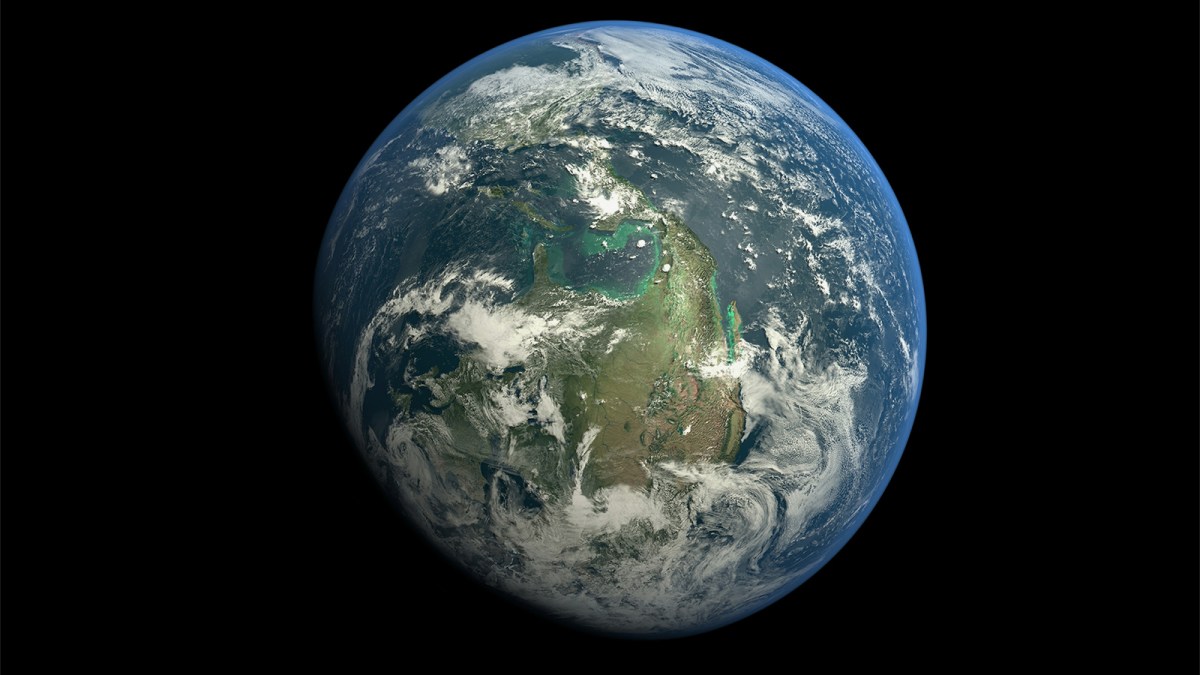The world's population will officially reach 8 billion on November 15, and the debate continues among experts over the resources, with warnings that rich countries are over-exploiting the planet's resources.
"The attainment of the world's population of 8 billion is an important event for humanity," said Natalia Kanem, Executive Director of the United Nations Population Fund, welcoming the increase in life expectancy and the reduction in infant and maternal mortality.
"However, I realize that this is not a moment that is necessarily celebrated by everyone, as some are concerned about a world crowded with too many people and insufficient resources to live on," she says, calling not to "be afraid" of the number.
The United Nations predicts that the Earth's population will reach 9.7 billion in 2050, and points out that given the large number of young people, a large part of the growth will occur even if the fertility rate in the countries with the highest rates has already fallen to two children per woman.
In this regard, the NGO "Publication Matters" calls for a reduction in the world's population, but "only by positive, voluntary and rights-respecting means", as its director, Robin Maynard, explains to Agence France-Presse, opposing any "policy of regulation" of births imposed by the state.
Project Drawdown sees education and family planning as one of the solutions to reduce global warming, and says, "Globally, having fewer people at sustainable levels of consumption would reduce demand for energy, transport, raw materials, food and natural resources."
"Every person born on this earth is adding additional stress to the planet," says Vanessa Perez, an analyst at the non-governmental World Resources Institute.
She added in a statement to Agence France-Presse, "Our number has been really large for years," but "this question is very sensitive," refusing that "the elites take advantage of this narrative to demand a ceiling on population growth in the countries of the South."
It prefers instead to focus on "equity" and "distribution" of resources, particularly food.
Shared by Joel Cohen of the "Rockefeller University" in New York, where he stresses that although there is mathematically enough food to meet the needs of 8 billion people, "800 million people, or one in 10 people on this planet, suffer from poor Chronic Nutrition.
With regard to his response to a question regarding the number of people on Earth, is it very much?
"Too much for whom? For why? If you ask me if we are too much, I don't think so," he said.
"We are often gluttons, stupid, lacking vision, and this is where the problem and the options lie," he explains, despite this, calling for humanity not to be considered a "plague."
He concludes, "The idea that we are too much distracts from real issues related to the well-being of the human species and the species with which we share the planet."
Some believe that choices that lead to the consumption of biological resources (forests, fish, land, etc.) much more than their renewable capacity each year and excessive consumption, especially of fossil fuels, always leads to more carbon dioxide emissions responsible for warming.
In terms of climate, the latest report of United Nations climate experts indicates that population growth is one of the main drivers of increasing greenhouse gas emissions, but its contribution to it is less than that of economic growth.
"Our impact on the planet is determined by our behavior much more than our number," said Jennifer Sciopa, a resident researcher at the Wilson Research Center.
"Continuing to highlight overpopulation is harmful and reflects intellectual laziness," she added, noting the danger that rich countries, instead of changing their behavior, will blame developing countries for driving population growth.

